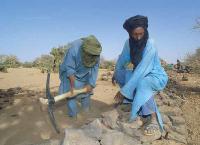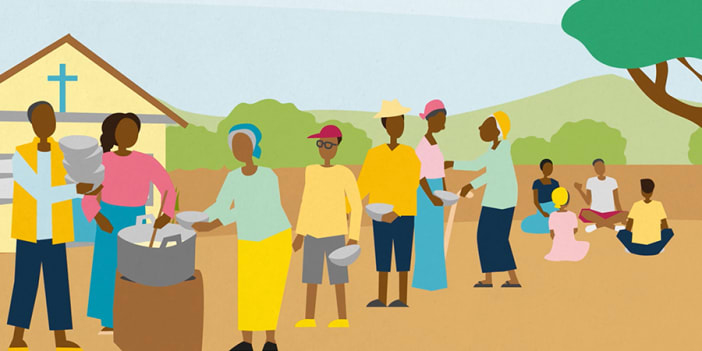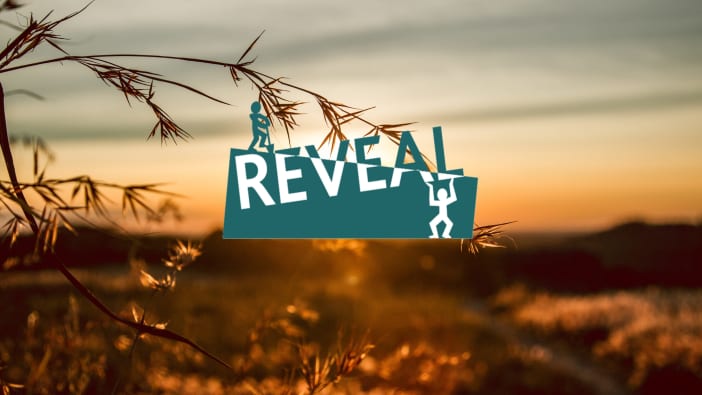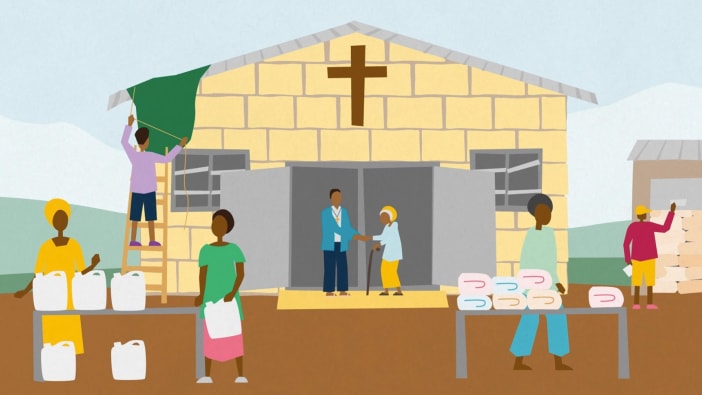The people of Abrik, a small community in the grasslands of north central Niger, West Africa, waited patiently for the rains to fall in 2008. They were disappointed. In 2009 the people again waited patiently for the rains to fall, and were disappointed again. This time, the drought was more widespread and hit the entire country. The northern Sahel is always dry, getting only 250 to 300 mm of rain per year. Yet the people of Abrik, and of the wider Abalak Department where they live, had seen no significant rainfall since 2007! How could they survive until the rains of 2010? How could these semi-nomadic pastoralists keep their children and their animals alive through what would be two years of drought?
An integrated approach
Jeunesse En Mission Entraide et Développement (JEMED), a small Christian NGO, has been working with the Tuareg and Fulani pastoralists in the Abalak Department since 1990, helping to build drought-resistant communities. Currently they serve communities totalling over 25,000 individuals, both Muslim and Christian. JEMED takes an integrated approach to the problems of development among the pastoralists. It combines elements of climate change adaptation, Disaster Risk Reduction, natural resource management and community development into a single programme now referred to as “Resilient Development”, a name developed by Tearfund. In 2009, JEMED won a Sasakawa award from the United Nations Secretariat for International Strategy for Disaster Reduction (UNISDR) for its work in Disaster Risk Reduction.
Frequent droughts
The idea of drought or climate proof solutions is central to JEMED’s strategy. This idea came from the pastoralists themselves, who told JEMED in 1990 that “everything done must take into account the droughts, or it is of no interest to us”. This is because the great droughts are becoming more frequent, probably due to climate change. Between 1973 and 2000 only two major droughts occurred. Since the year 2000, three major droughts have occurred nationally as well as one local drought. Droughts have devastating effects on the people and their environment and have forced the pastoralists to adapt. Practices once unthinkable for a pastoralist such as destocking (selling cattle before a drought) have become accepted and widespread.










